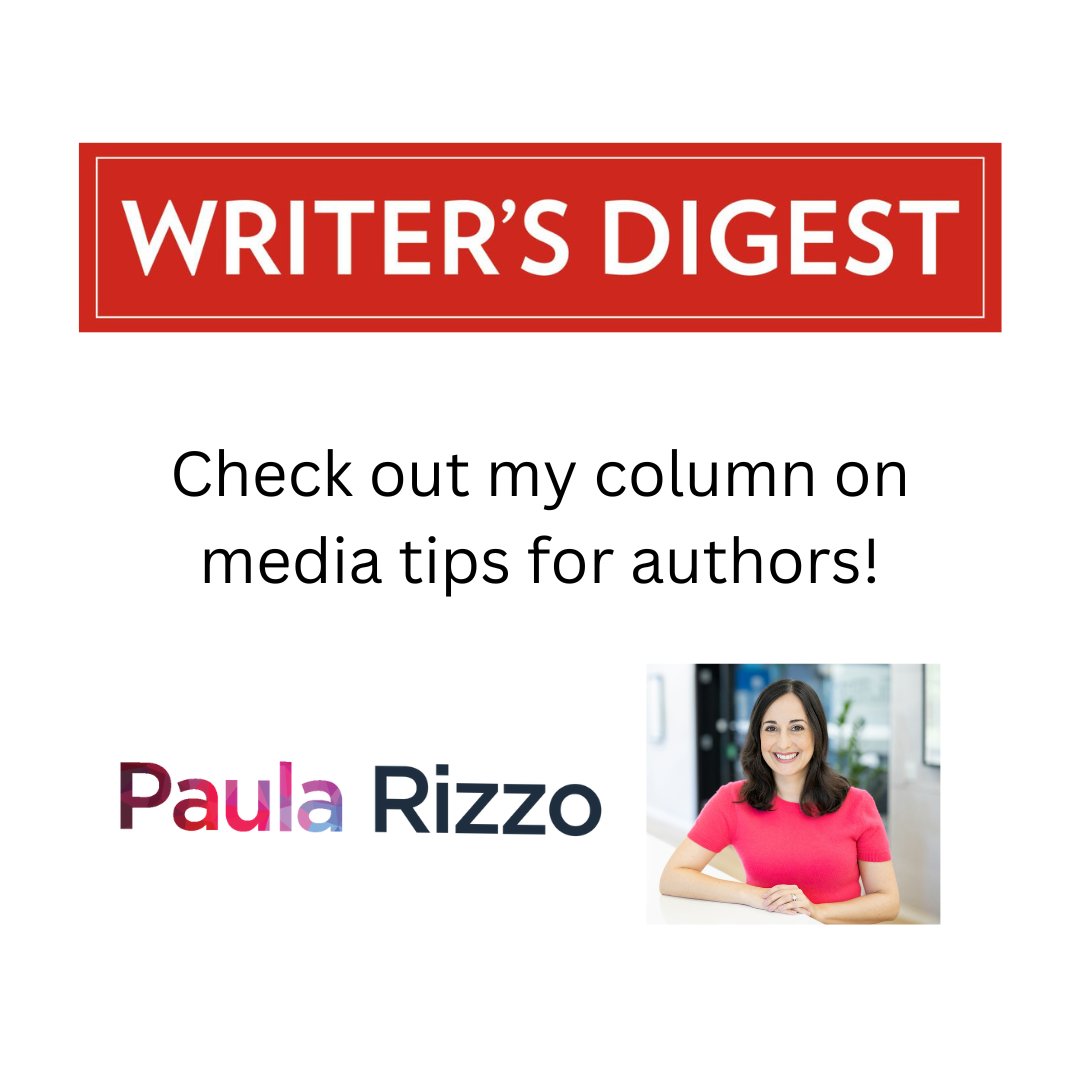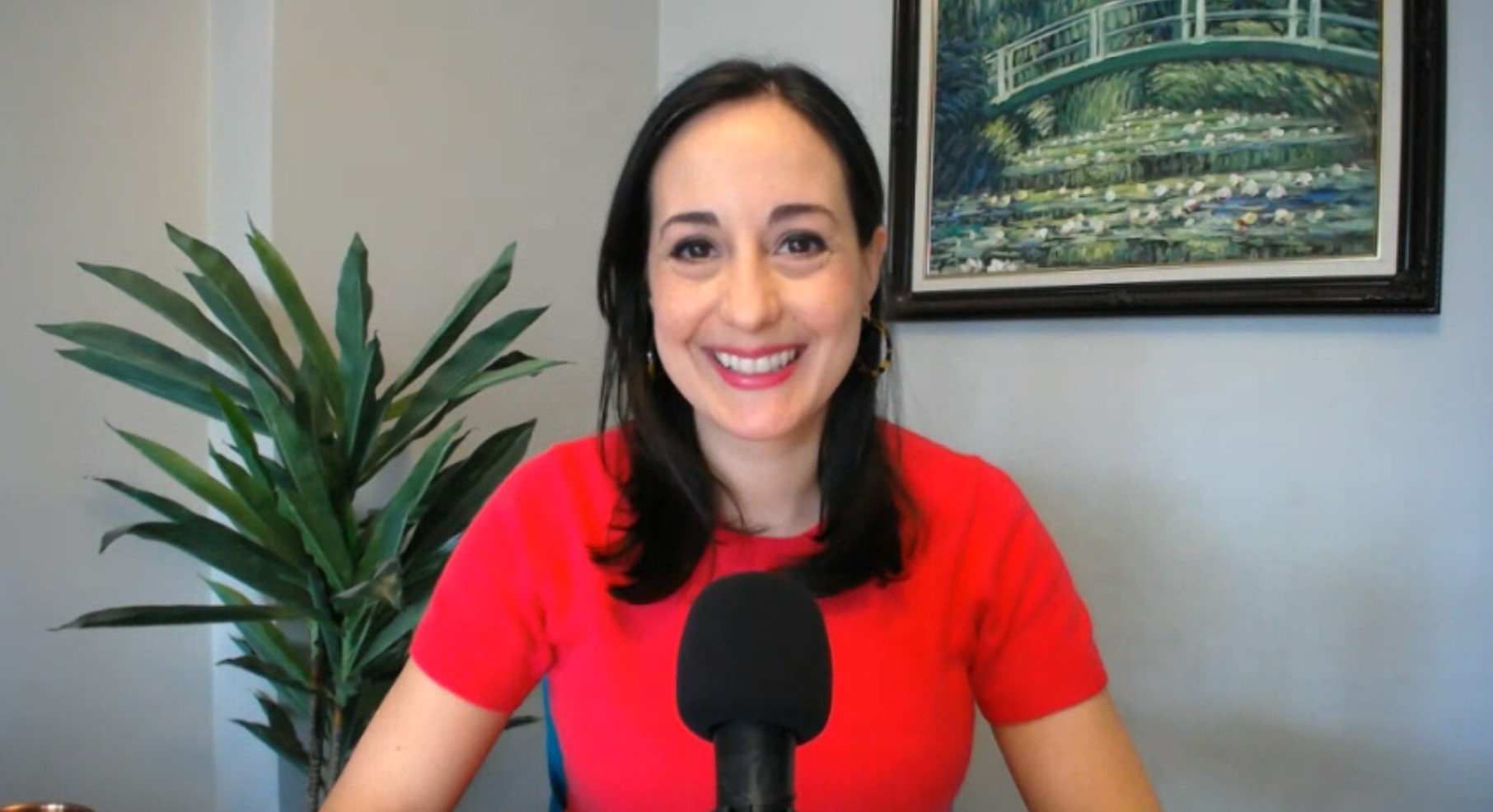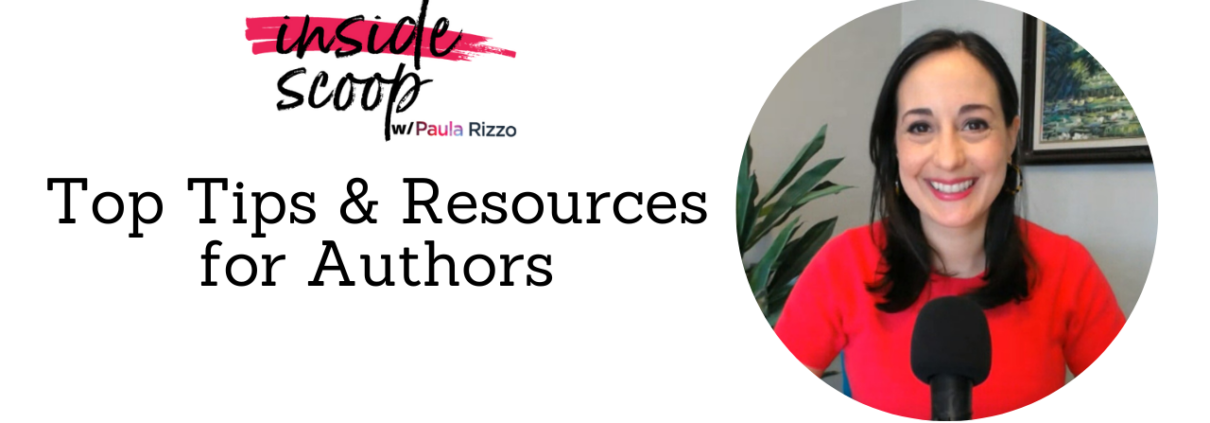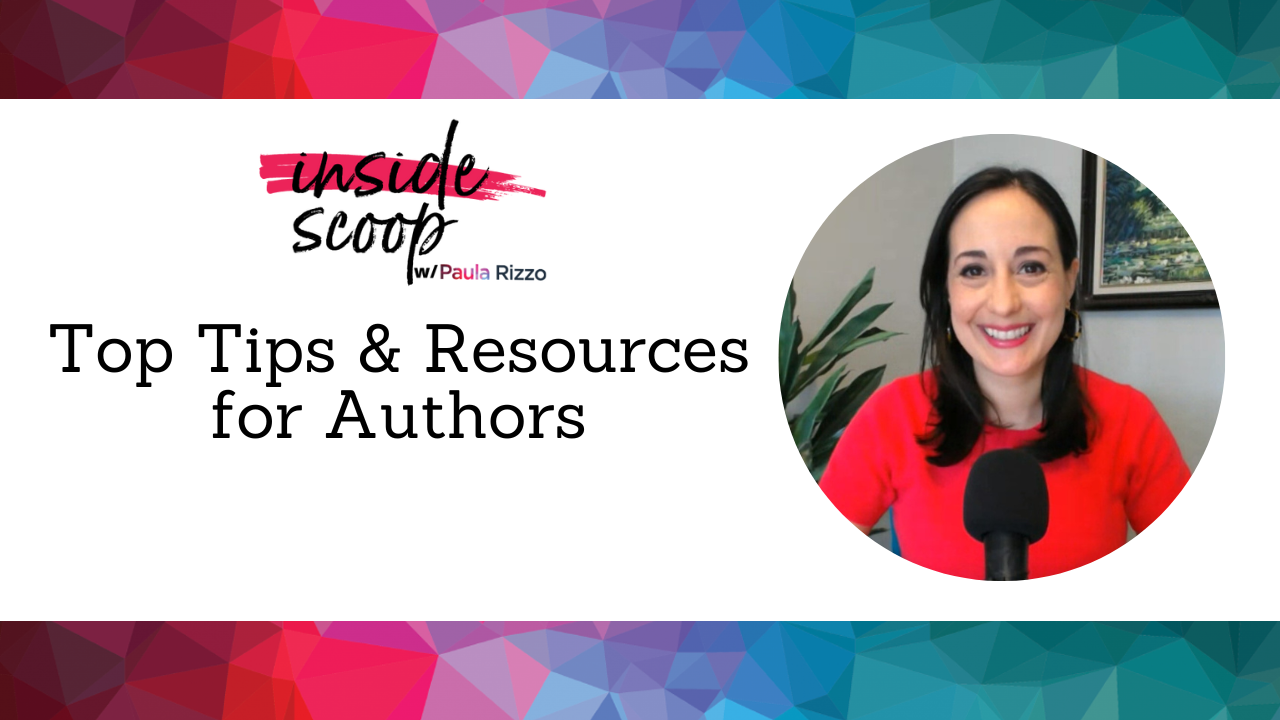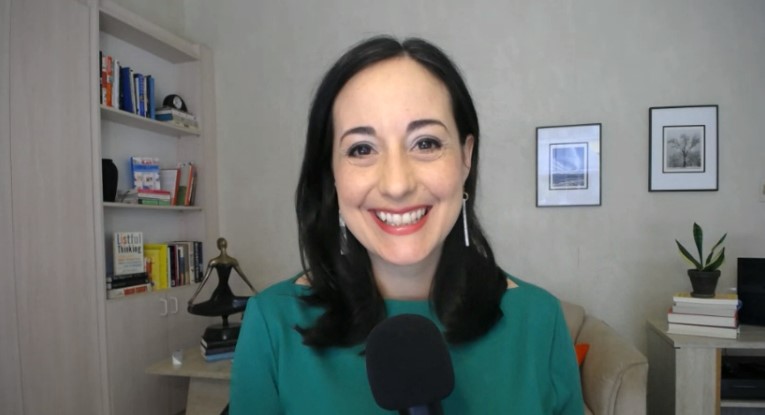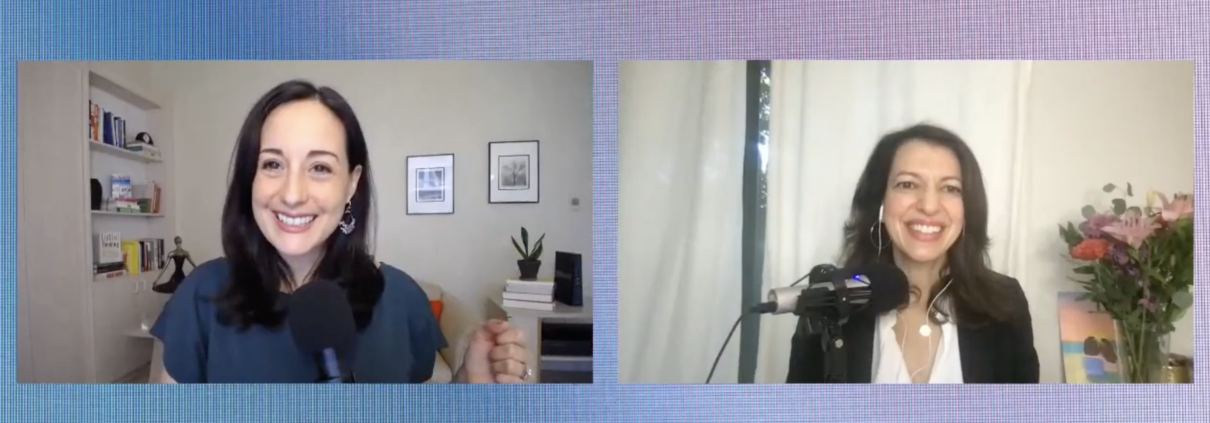___
BONUS FREEBIE: I have a resource for you that will help you prepare to talk with media and audiences. It’s the 10 Questions Every Author Needs to Answer. You can grab the fiction and nonfiction lists here.
___
Building a platform is one of the most important things you can do to invest in your career as a non-fiction author. Creating a platform is how you build authority and credibility with your readers — and with publishers and the media!
A platform is how you reach your readers and connect with them. It’s all the channels of communication you use, from email newsletters to social media to speaking engagements. Think of your author platform as a central hub with lots of access points.
1) Identify your audience.
Before you narrow down your strategy for building your author platform, think about who you’re trying to reach. As a non-fiction author, you’re presenting your readers with something new and novel — a solution to a problem, a creative way of considering an issue, or a toolkit for improving some aspect of their lives. This is true whether you’re writing a cookbook or a history book.
Think about who is looking for the message that you have to offer. Who can benefit from this knowledge?
For instance, if you’re writing a cookbook about easy and affordable veggie-forward recipes, your audience might include busy parents, older adults trying to be more health-conscious, and college students. Those are specific groups who will come to your work in different ways. The college students might find you on TikTok — but the health-conscious grandma probably won’t. So how are you going to connect with all of these groups?
Use Video to Grow Your Audience with TikTok
2) Define your narrative.
Before you decide which online and in-person channels you want to focus on, you need to decide what you’ll do with those opportunities. Defining your narrative before you dive in head-first means your author platform will be well-considered, coherent, and professional.
One of the best ways to approach this task is to sit down with a pencil and paper (or a blank Google Doc!) and write down answers to these questions:
- Why did you write a book?
- Why are you the right person to tell this story?
- How will your book improve people’s lives?
These answers should get personal!
10 Questions Every Author Needs to Answer
For instance, if I was doing this exercise, I’d write about how I wrote my first book, Listful Living, because lists made my life as a busy TV producer so much less stressful and more manageable. I’d write about how I’m the right person to tell the story of lists because I’ve been using them for over twenty years now, and I’ve been blogging about productivity for nearly fifteen years. I’d write about how my books are packed with actionable tips that help readers manage their tasks and introduce more joy into their lives.
Look for a narrative arc in your answers. Are there defining moments that emerge?
For me, one defining moment is when my appendix burst after my first book came out. I knew I had to prioritize my well-being and for me, that meant using productivity strategies (including list-making!) that I’d written about. I talked the talk — and then I had to really walk the walk. That experience shaped my second book, Listful Thinking.
Once you know the story you want to tell, you can use online communication channels more effectively. This story should come across in all your content.
___
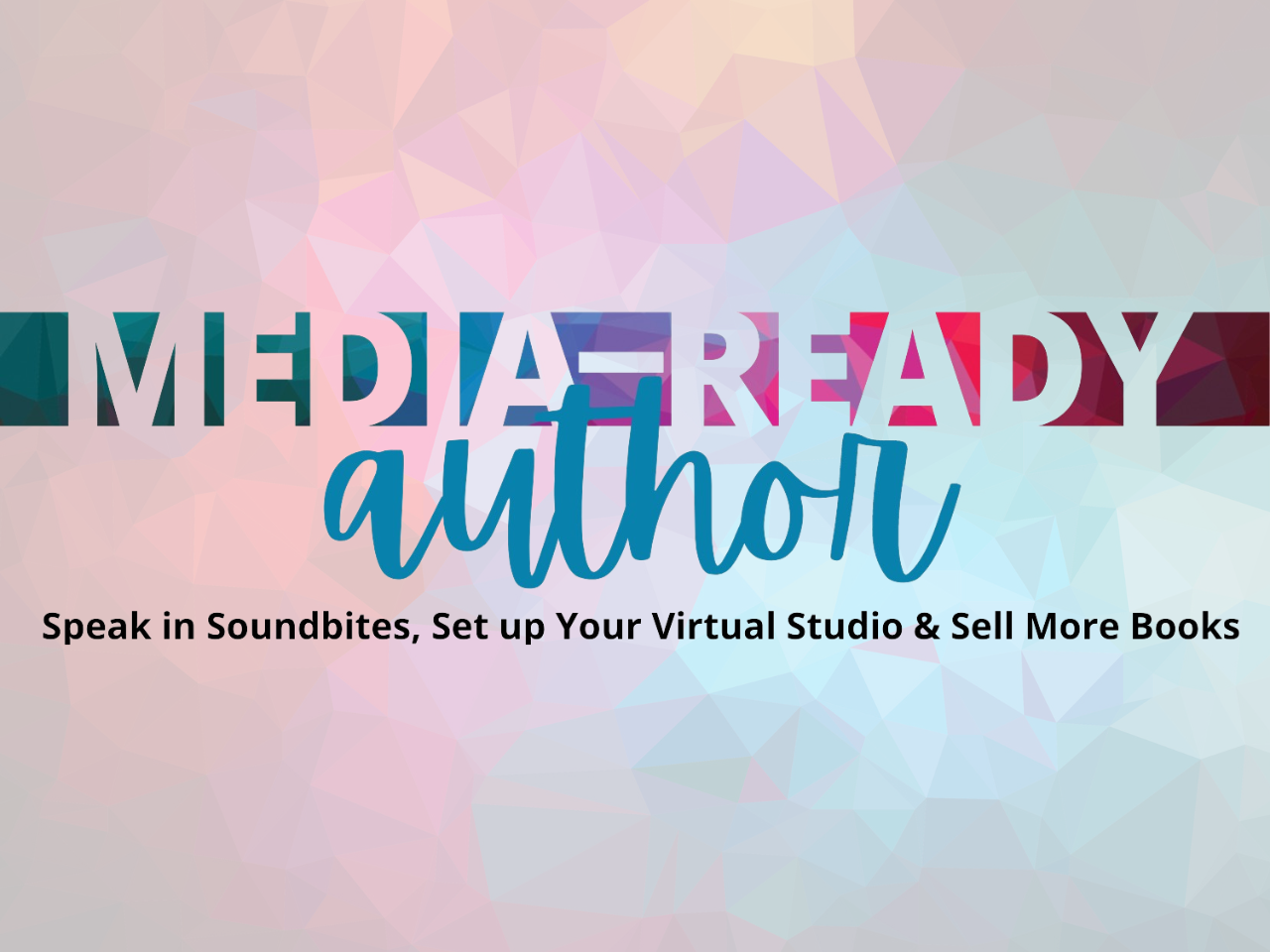
__
3) Curate your online presence — and be consistent.
Create author profiles on all the major social media platforms (Instagram, Twitter/X, Facebook). If you think TikTok would be a good fit for your audience, create a profile there too. And make sure to follow other author accounts!
It’s also a good idea to create an author website. Your website should have information about your background, links to your social media profiles, and an option to sign up for your email list. Email lists are a great tool for creating a channel to get in touch with your readers about blog posts, videos, events, and media appearances.
Website Tips to Amplify Your Brand
You might also consider a podcast (I have tips on this here!), short videos (here’s how to create great ones), or a live-stream show.
But… don’t start doing all these things at the same time!
Take it slow and think about what your audience is most likely to connect with. What types of media does your audience already consume? Find them there first. If you start a whole bunch of projects at the same time, it’s going to be difficult to keep up with all of them. Which brings me to my next point — consistency!
Consistency is key to building an online following. I suggest creating an editorial calendar for yourself. You can plan out social media, blog posts, newsletters, live streams, and more. Come up with a schedule that’s reasonable and then stick to it.
4) Find opportunities to connect with other authors.
The internet is great for connecting with readers and fellow authors. And you should definitely follow other authors in your area of expertise. In-person events are also important for forming these connections.
Attend book events in your area. Check out speakers at local universities. Go to conferences. Join a writing group. These are opportunities to learn from other authors about how they communicate with their audience and with their colleagues in the world of non-fiction authors.
Having an author platform is related to being a good literary citizen — so check out these tips for being an engaged author.
5) Be your own advocate.
Building your author platform means acknowledging the fact that no one is going to come up and catapult you to success. You need to build authority and credibility yourself. So toot your own horn!
Lots of people feel uncomfortable about self-promotion. They think it comes across as self-centered or braggy. But it’s essential to reframe self-promotion as positive and necessary. Remember, you have a message to share. Your audience needs the knowledge you have to share. Advocating for your work is an act of service!
___
BONUS FREEBIE: Your message deserves the media’s attention. So how do you get out there in a bigger way? I’ve got you covered. CLICK HERE to grab my free “Checklist to Become a Go-To Media Expert.”
___








